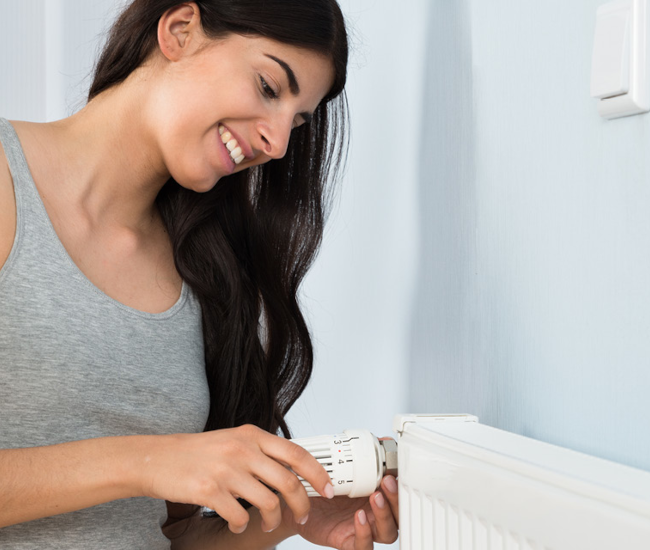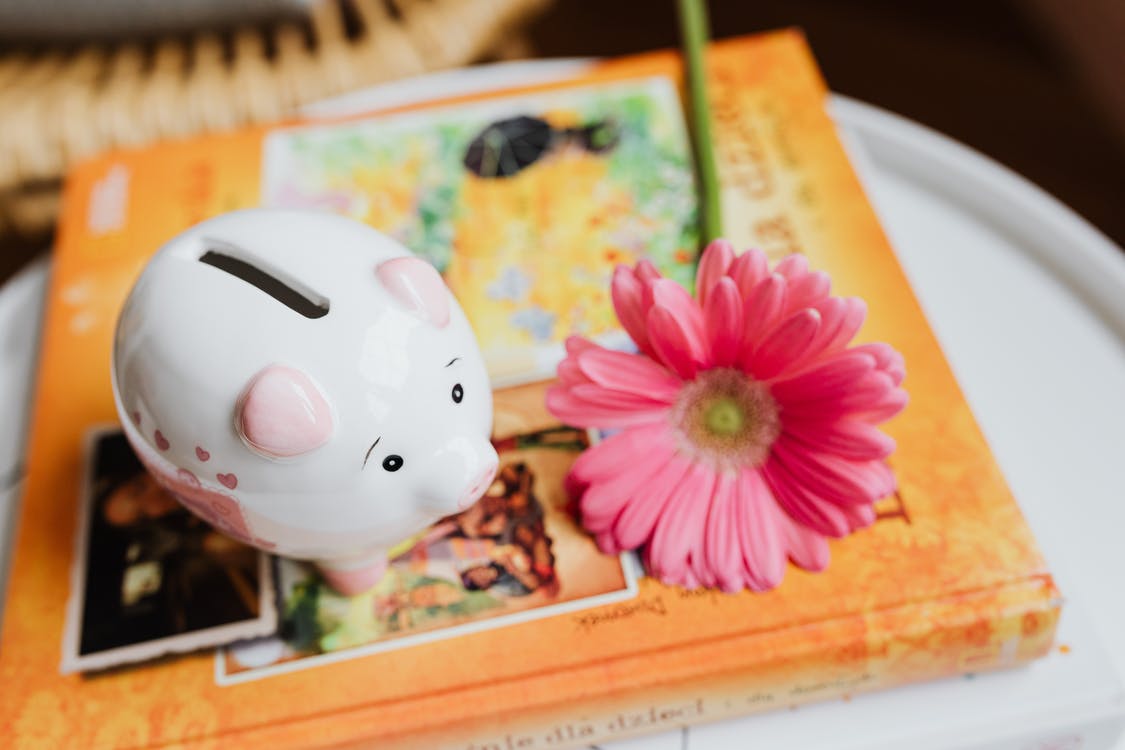Your basket is currently empty!

As of this October, expect an 80% increase in your energy bills. Despite the government capping bills for a typical household at £2,500 per year, energy prices have reached historic highs.
We tend to use the most energy between 6-9 PM. The peak is at 8 pm. Off-peak hours are typically times of the day or night when the demand for electricity is at its lowest, such as between the hours of 10 pm at night and 8 am in the morning.
In this post we are trying to give you some tips about how to reduce costs:
How to reduce the water bills.
How to reduce the electric bills.
HOW TO REDUCE WATER BILLS
With now more than 60% of UK homes fitted with a water meter, the cost of wasting water has a direct and proportional impact on your household finances. Whilst many of the leaks we hear about are outside of our control, there are still some simple steps we can all take to minimise water wastage and keep our bills under control.
- Check your taps and pipes
Ensure that your taps and pipes are functioning properly by examining them for problems such as leaks and annoying drips. Repair any broken items as soon as possible because even a small leak each day can add up to a significant amount over the course of a few months, which will drive up your water bill.
Simply turning off the water while cleaning your teeth, shaving, or washing hands will help prevent your hard earnt money leaking from your wallet. Simply putting the plug in, moderately filling the sink and turning off the tap when washing your hands every time you go to the bathroom can make a significant difference to the water you use and improve your water bill.
Taking a shower instead of a bath can also help so long as you keep an eye on the clock. The average shower uses about 60 litres of hot water compared to 80 litres for the average bath, that’s a 25% saving! But a word of caution, linger too long, and any savings can be wasted. A power shower can easily use more than a hundred litres in the time it takes to listen to just three of your favourite tracks on your smart speaker.
Dual flow flushes are also a brilliant way of saving water but check out the operation as they are not always as intuitive as you might think. The pull and hold might seem wasteful, but many brands use this action to activate the shorter water saving Mini – flush.
Loft tanks are easily overlooked but if you have a conventional water system at home with a cold-water tank in the loft, take a walk outside and look up to the eaves and on the floor check that the overflow is not dripping. If it is, your ball valve could need adjusting or even replacing.
- Water your garden in a timely manner:
Our plants thrive on water and sunlight but watering when the sun has gone down will ensure more water finds its way to the roots rather than simply evaporating away. Meaning you can water less often and save water.
- Finish the water in your glass:
How often do we come back to a half-finished glass of water, for many of us, all too often. Pour half a glass if you are not a big drinker and if you do find a glass with water left in the bottom then don’t pour it down the drain, instead give your favourite houseplants a drink.
HOW TO REDUCE GAS BILLS
The cost of gas is considerably cheaper than that of electricity, the world shortage of supply is forcing the cost of this popular choice of heating fuel to unprecedented levels. Our favourite advice is still to shop around and whilst it is unlikely you will find a cheap deal at this point in time, it is still possible to find advantageous deals if you are prepared to look.
- Lower the temperature on your thermostat:
According to Martin Lewis money saving expert – every degree you lower your thermostat setting saves you approximately £100 per year. This means that lowering your heating system’s temperature from 25 degrees Celsius to 19 degrees Celsius could save you around £50 per month. If you want to keep warm and keep energy bills down, layer up.
Check your radiators, thermostatic valves enable you to set the temperature in each room to a level that is appropriate or desired. Spare bedrooms and unused dinning rooms will easily survive with your radiator thermostat valve set to its ‘frost’ setting. Just remember to close the door when you leave the room. Kitchens often the heart of the home can also benefit from the radiator being set a little lower especially when you are cooking.
Are your radiators warm at the bottom and cold at the top? This is because you have air trapped in your radiators making it harder to warm your home. A simple fix is to bleed your radiators – this is something you can do at home, without the help of a specialist.
Simply get a radiator key from a DIY store, turn off the heat, and cool the radiators. Put the key in to the valve and turn anti-clockwise until you hear a hissing sound this means the air is being released from your radiator. Once the hissing comes to a stop close the valve. Top tip, carry a small cloth with you to mop up any stray water that might escape whilst you work around your home.
If you have a smart thermostat, move it to a room, you use most heating in the hall stairs and landing which can be more costly than you think.
Finally check your time clock on your heating panel and ensure that it is set for when you need the heat the most. Remember to always to rest the clock after the power to the unit has been interrupted.
- Check your boiler:
If your boiler is over ten years old then replacing it with a modern new boiler could save you up to 30% on your heating bill, depending on the model and ease of installation. Many of the larger installers are able to offer favourable terms to help spread the cost of a new boiler and could be worth considering. If you are sticking with your existing boiler it is of the utmost significance to check that your boiler is operating as effectively as possible. The majority of energy suppliers offer maintenance and service plans for boilers on an annual basis.
- Loft installations:
Look down your road on any frosty morning to see which houses are the best insulated. Those with roofs covered in frost are a clear indicator that little heat is disappearing through the loft space. Loft insulation has changed vastly over the years and is more efficient than ever before. Check with your local council as to which schemes you might be eligible for. 270mm of modern loft insulation could save you up to £200 a year on your heating bills if your home is detached and about half of that if your property is semi-detached or terraced.
- Check your windows:
Even modern glazing can be undermined with poorly fitted seals or incorrectly set vents. Check your windows carefully and have them adjusted professionally if you can feel any sort of draught. Only open window vents when you need them. If you haven’t got double glazing, then you could alternatively consider window shutters to help reduce the risk of cold draughts. Lock in the heat with thermal lined curtains blinds and even shutters. If you have a draught around a door, this can be easily fixed in the same way.
HOW TO REDUCE ELECTRIC BILLS
Electricity is expensive and three times the cost of gas per kWh therefore any saving you can make soon adds up. A quick look around your home will soon highlight some high energy devices, like electric fires, cookers and ovens. Yet it is easy to miss the tumble dryer, washing machine and the electric shower.
Only use electric fires when you have no other choice as even on a low setting it is not unusual to use 1 Kw per hour.
If you have an electric shower keep an eye on the time you and your family spend in there. Electric showers are the most expensive household appliance to run, costing £159.43 a year, as reported by iNews August 31, 2022. Shorter showers are clearly an easy way of saving the money in your pocket.
If you leave the room and there’s no one else in there, turn off the lights and replacing conventional bulbs with LED equivalents could save you even more. With more people switching to LED, prices are falling and so now could be the ideal time to change.
Save money on wash day by selecting a cooler wash and avoid usin g the tumble dryer whenever you can to save. The Energy Savings Trust suggests using your washing machine on a 30 – degree cycle instead of at higher temperatures as this could save you around £34 per year. Whilst avoiding the tumble dryer could save you almost double that amount. Alternatively hang clothes and towels on a low wattage clothes horse radiators, airing horses, or a washing line on a sunny day.
g the tumble dryer whenever you can to save. The Energy Savings Trust suggests using your washing machine on a 30 – degree cycle instead of at higher temperatures as this could save you around £34 per year. Whilst avoiding the tumble dryer could save you almost double that amount. Alternatively hang clothes and towels on a low wattage clothes horse radiators, airing horses, or a washing line on a sunny day.
We all like a cup of tea or coffee but did you know just by not over filling the kettle you could save up to £13 per year – something to think about when you next stop for a brew.
STRUGGLING WITH THE COST OF LIVING?
- Invest in a water softener:
Households throughout the UK are feeling the effects of a sharp increase in the cost of living. It should therefore come as no surprise that a significant number of us are actively looking into ways to improve the energy efficiency of our homes given the continuing rise in the cost of energy. If you live in a hard water area and are attempting to save money, limescale is not on your side. It is well known for leaving hard to remove deposits that are difficult to clean up, but what isn’t as well known is how making the switch to luxury water can help you get more out of your household budget and save “real money” both now and in the future.
With softened water, you’ll find that shampoos, soaps, and cleaning agents all work more effectively allowing you to use up to 50% less of them, the financial savings of which can be welcomingly felt in your pocket. Scale deposits can also zap the energy from your hot water system, washing machine and even your electric shower, meaning heating your water is likely to be more costly than it needs to be. In the worst cases, hard scale can block water ways, reduce the water flow and cause premature appliance failures – we’ve all seen the catchy TV ads, I’m sure.
Whilst Luxury Water isn’t the answer on its own, softened water can make a real difference. Over time the savings start to add up, to the point where combined with making small changes in our everyday routine the pennies saved soon become pounds.
- BWT water softeners for your home:
The ‘monsters’ of the past have been replaced by modern and efficient devices that can in most cases be easily installed in a kitchen cupboard. Models like the WS Range Softeners and PERLA Silk Range are readily available for easy installation, oft en in less than half a day, either by yourself or a friendly local plumber. Water and salt efficient, a modern water softener will start to make a difference to you, your family and home from the first day it’s installed.
en in less than half a day, either by yourself or a friendly local plumber. Water and salt efficient, a modern water softener will start to make a difference to you, your family and home from the first day it’s installed.
There are things you can do if you are struggling, including speaking to the organisations you owe money. They might let you pay smaller amounts or even take a break from payments in some circumstances. Or reach out to your local council and see what help you can get.




